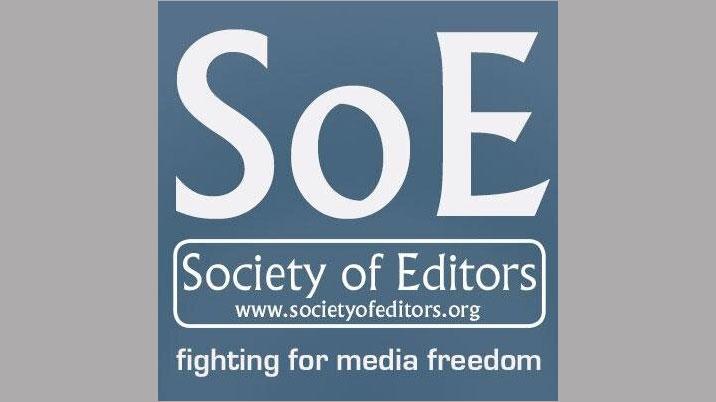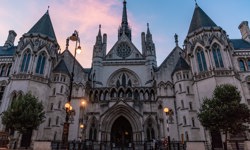
The Society has spoken out after The Telegraph was prevented from naming the businessman who the paper reports has spent close to half a million pounds in legal fees to prevent printing of their eight-month long investigation into his alleged conduct.
The Court of Appeal chose not to confirm an earlier decision by the High Court that it was in the public’s interest that the businessman be named. The Appeal Court’s decision was based on the fact the businessman’s alleged victims had all signed non-disclosure agreements (NDAs) which, the judges said, trumped the public’s right to know and freedom of expression.
“On so many levels this decision is an appalling attack on both press freedom and, even more importantly, the rights of the public to be forewarned and any victims to have their stories told,” commented Ian Murray, the Society’s Executive Director.
“The increasing use of NDAs by the rich and powerful to block publication of any information they do not wish to be aired in public is a dangerous road for a free society to travel. Certainly, it raises the question of whether a fair society can allow such an action to be available to only the very rich.
“We do not know the circumstances in which an NDA comes to be signed. As legal tools to protect company secrets they may be valid, but they were surely never created so that serious matters of public concern can be kept under wraps, perhaps putting others in harm’s way,” added Murray.
The Court of Appeal ruling by Sir Terence Etherton, the Master of the Rolls, means that The Telegraph cannot reveal the identity of the businessman or the companies concerned, as well as what he is accused of doing or how much he paid his alleged victims.
In its 20-page ruling, the Court of Appeal described the allegations against the businessman as amounting to “discreditable conduct” and confirms that five people were paid substantial payments as part of settlement agreements or NDAs.
At an earlier hearing into the matter by the High Court, which can only now be reported, Justice Haddon-Cave concluded that “in all the circumstances, the public interest in publication outweighs any confidentiality attaching to the information.” But the Appeal Court’s three judges stressed the importance of legally binding contracts.
The Appeal Court’s ruling in awarding an interim injunction said: “We entirely endorse the (High Court) Judge’s statement as to the importance of freedom of political debate, the right of freedom of expression, the essential role played by the press in a democratic society … and the important public concern about misbehaviour in the workplace as well as the non-disclosure agreements and other legal devices for ‘gagging’ disclosure by victims.
“The Judge has, however, left entirely out of account the important and legitimate role played by non-disclosure agreements in the consensual settlement of disputes, both generally but in particular in the employment field.”
The judgement added: “There is a real prospect that publication by The Telegraph will cause immediate, substantial and possibly irreversible harm to all of the claimants.”












